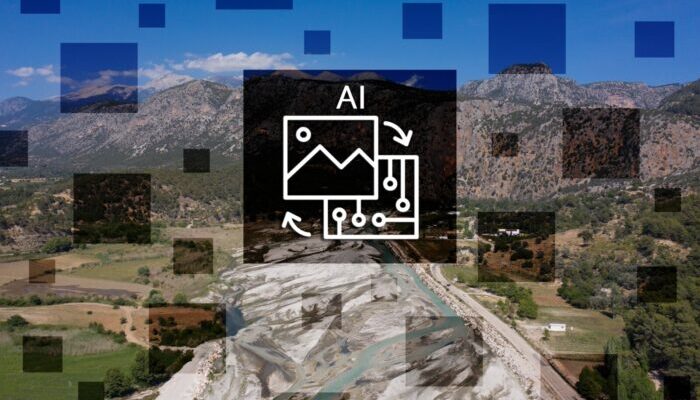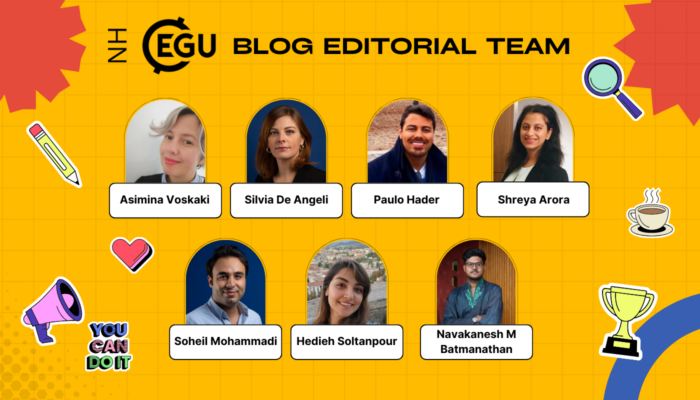The EGU Natural Hazards Division now has a new Policy Officer to help promote evidence-based policy-making and support members of the Division in participating in policy-making processes. The Policy Officer aims to bridge between the Division and the EGU Science for Policy Working Group, helping to ensure that evidence-based decisions are made in the policy-making processes related to our areas of ...[Read More]
New Era of AI: How can foundation models help disaster risk reduction?
In recent decades, AI-based methods have increasingly been adopted to tackle various problems in the field of natural hazards. The escalation of climate change has fuelled the complexity of tasks within the field of disaster risk reduction, such as capturing the formation of an extreme event timely to evacuate an area at risk. In this context, with the greater availability of data and computerised ...[Read More]
Environmental (non-)migration: Whose security is at stake?
Migration is commonly perceived as a strategic response to address the repercussions of environmental threats and climate change. The International Organization for Migration defines ‘environmental migrants’ as those individuals who alter their place of residence due to a sudden or progressive change in the environment that adversely affects their lives or living conditions. Conversely, those who ...[Read More]
Behind the scenes: The EGU Natural Hazards Division Blog Editorial Team unveiled!
2023 draws to a close. Looking back, our NH Division Blog has rolled out 20 different posts! We’ve chatted with awesome medallists, tackled current challenges in natural hazards, and showcased key projects and activities in the field. But who are the lovely and creative minds behind this? In this year’s final post, we’re going to find out together. The Blog Editorial Team is cu ...[Read More]




